MERCIER PRESS
3B Oak House, Bessboro Rd
Blackrock, Cork, Ireland.
 www.mercierpress.ie
www.mercierpress.ie
 http://twitter.com/IrishPublisher
http://twitter.com/IrishPublisher
 http://www.facebook.com/mercier.press
http://www.facebook.com/mercier.press
Maureen Donegan 1976
ISBN: 978 1 85635 441 7
Epub ISBN: 978 1 78117 009 0
Mobi ISBN: 978 1 78117 008 3
This eBook is copyright material and must not be copied, reproduced, transferred, distributed, leased, licensed or publicly performed or used in any way except as specifically permitted in writing by the publishers, as allowed under the terms and conditions under which it was purchased or as strictly permitted by applicable copyright law. Any unauthorised distribution or use of this text may be a direct infringement of the authors and publishers rights and those responsible may be liable in law accordingly.
P REFACE
This is not a scholarly book I see learned heads nodding in agreement but it is an attempt to bring the lovely old stories of heroic Ireland to a wider audience than that of the schoolroom, or of the Irish scholar.
These tales were told and retold by word of mouth and, although they are full of magical creatures and enchanted castles, they are also about people: real people who suffered from indigestion and jealousy, just as we do.
I first came across the Tin B while doing research for quite a different kind of book; I dipped into Cecile ORahillys excellent translation from the Book of Leinster and was unable to put it down. Maeve and Ailill and Fergus and Cchulainn are as alive today as they were when their history was finally captured in the yellow pages of eleventh- and twelfth-century manuscripts; the polished sarcasm of the royal pair is reflected in many a modern marriage, and Cchulainns vanity and the divided loyalties of Fergus are as old and as new as time.
These sagas and myths are part of a much larger stream of literature which extended from Iceland across Europe. In The Voyage of Maildn one is irresistibly reminded of Jason in search of the Golden Fleece but, although Maildns adventures are as bizarre and fantastic as one could imagine, throughout he remains endearingly human; pig-headed almost to the last and all too easily led astray by a pretty face. Indeed all the heroes and anti-heroes of the tales suffered from the same susceptibility. They could no more sense a scheming witch behind blue eyes and a fair face than they could avoid the bloody wars into which their pride and avarice, and sometimes their compassion, led them.
The Fianna, though, larger than life and swashbuckling across Ireland even into fairy cities beyond the sea, remain my favourites. Even Conan Maol with his tactless tongue and his incessant grumbling inspires a kind of reluctant affection and the little episode of The Magic Cloak, which was first recorded in verse in the Book of the Dun Cow , is a perfect and timeless picture of the incessant wars between the sexes.
1
T HE B IRTH OF THE B ULLS
Its as difficult to say what the precise cause of the great cattle raid was as it is to pinpoint the start of any war. Nevertheless the main protagonists, the true enemies at the beginning and in the middle and at the end, were the powerful and magical bulls of Ireland: the Donn Cuailnge and the Finnbennach.
The Donn Cuailnge, the brown bull of Ulster, was enormous and brimming with rude health. He could bull fifty heifers every day and they calved in less than twenty-four hours or burst their sides with the effort. He was broad enough for fifty youths to play across his back and tall enough to shelter a hundred warriors beneath him. Narrow-flanked and broad-breasted, he was as brave as he was ferocious, and as crafty as he was strong, and he had a right royal rage. Even spectres and spirits kept away from his glen when he pawed the earth throwing black turf across his back and growling and glaring at all comers. But he was handsome too, with a proud, curling brown head and a strong thick neck. His cows adored him and, in the evening, when he came to his byre, he made a musical lowing so melodious and unforgettable that no one in all of Cuailnge ever wished for other music.
Only the Finnbennach came near to matching him in power and beauty. The Finnbennach ruled the animals of Connacht absolutely. Because of him no male animal dared utter a sound louder than the lowing of a cow. He had a white head and white feet, but his body was the red colour of blood and his breast was as strong as a stallions. When he stood among the cows of Ailill and Maeve, bellowing his greatness to the world, he was indeed a hero to his herd. He would swish his tail, and kick up his great hooves, and lift his haughty snout to the sky, proclaiming his victory over all things. He was strong and proud and in his prime, and he had the aid of demons.
Needless to say, they were not ordinary creatures, nor did they start out as bulls. They began, simply enough, as two swineherds. Fruich was the name of one. His master was Bodb, the king of the fairy creatures of Munster, and Rucht was the name of the other. His king, Ochall, ruled the fairy kingdom of Connacht, and being both of magical people the two swineherds were able to change into any shape they pleased.
They met, predictably enough, in the course of their work. When there was a glut of acorns and beech nuts in Munster, Ochall would send his swineherd with his pigs to feed in the south and when, in other years, there was plenty of food in Connacht Bodb would send his swineherd north to fatten up his stock. And so the years went by amicably enough with a steady friendship ripening between Fruich and Rucht (Fruich was called after a boars bristle and Rucht after its grunt).
However it wasnt long before the Connacht people began to boast that their herdsman was more powerful than his southern colleague but when the Munster people heard that they denied it vigorously, and said that of course their pig-keeper was much more powerful than Ochalls. The next year, when Ochalls swineherd came south he got a very cool reception.
Is it you who is trying to cause trouble between us? asked Bodbs swineherd. They say you are more powerful than me.
Im certainly no less so, Ochalls swineherd said.
Then well test it, Bodbs swineherd said. Ill cast a spell over your pigs so that whatever they eat they wont gain a scrap of weight.
He cast the spell, and it worked. It worked so well that Ochall had to take his pigs back home at the end of the season as thin and as wretched as when he had come, and when he got home he was the laughing stock of Connacht.
That proves nothing, he said to himself, trying to ignore the jeering. I can cast a spell or two myself.
He bided his time and, when hard times fell on Munster and Bodbs swineherd had to come north in search of food for his pigs, Ochalls swineherd played the same trick, and Bodbs swineherd had to go home with a lean and miserable herd of pigs to face the mockery of Munster.
The whole affair proved nothing except that they were equal, and before long they were even more equal because they were both dismissed from their jobs.
In disgust they took the shape of ravens and fought a long and loud battle in the sky above Connacht. They fought for a year with no result, and then they flew south and fought for another year over Munster. The noise was unbearable and the people of Munster gathered together on the plain and grumbled among themselves.
It goes on and on, they said, and were tired of it.
Just then a steward from Ochalls palace in Connacht came up the hill towards them.
Next page
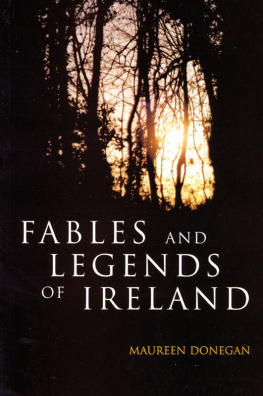

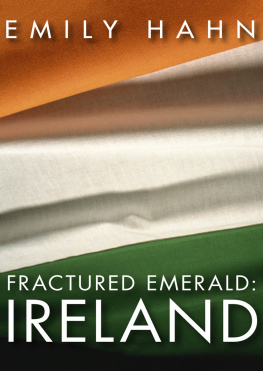
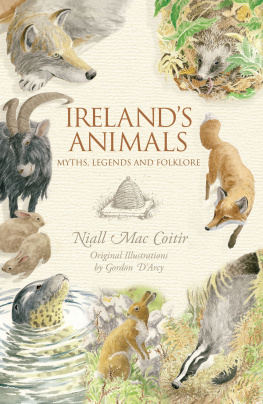
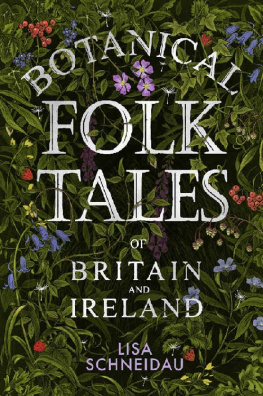
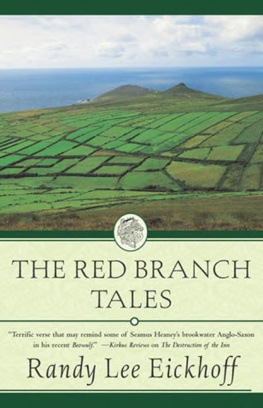

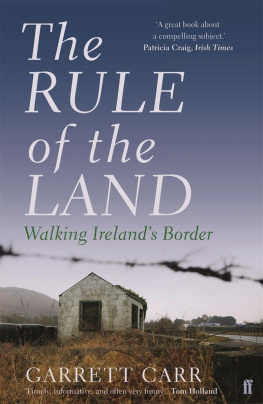
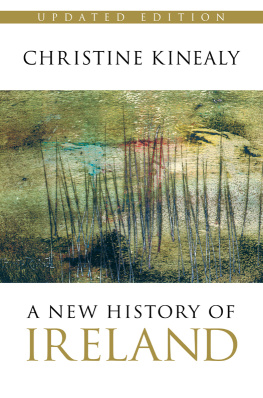
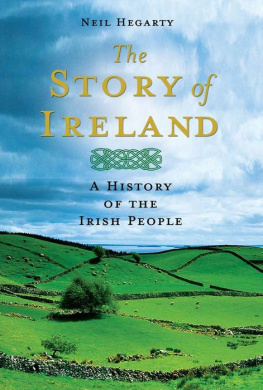
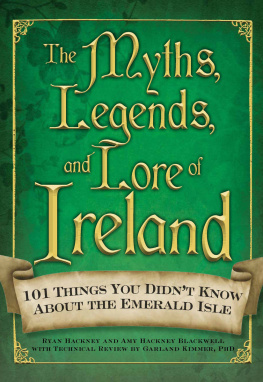
 www.mercierpress.ie
www.mercierpress.ie http://twitter.com/IrishPublisher
http://twitter.com/IrishPublisher http://www.facebook.com/mercier.press
http://www.facebook.com/mercier.press